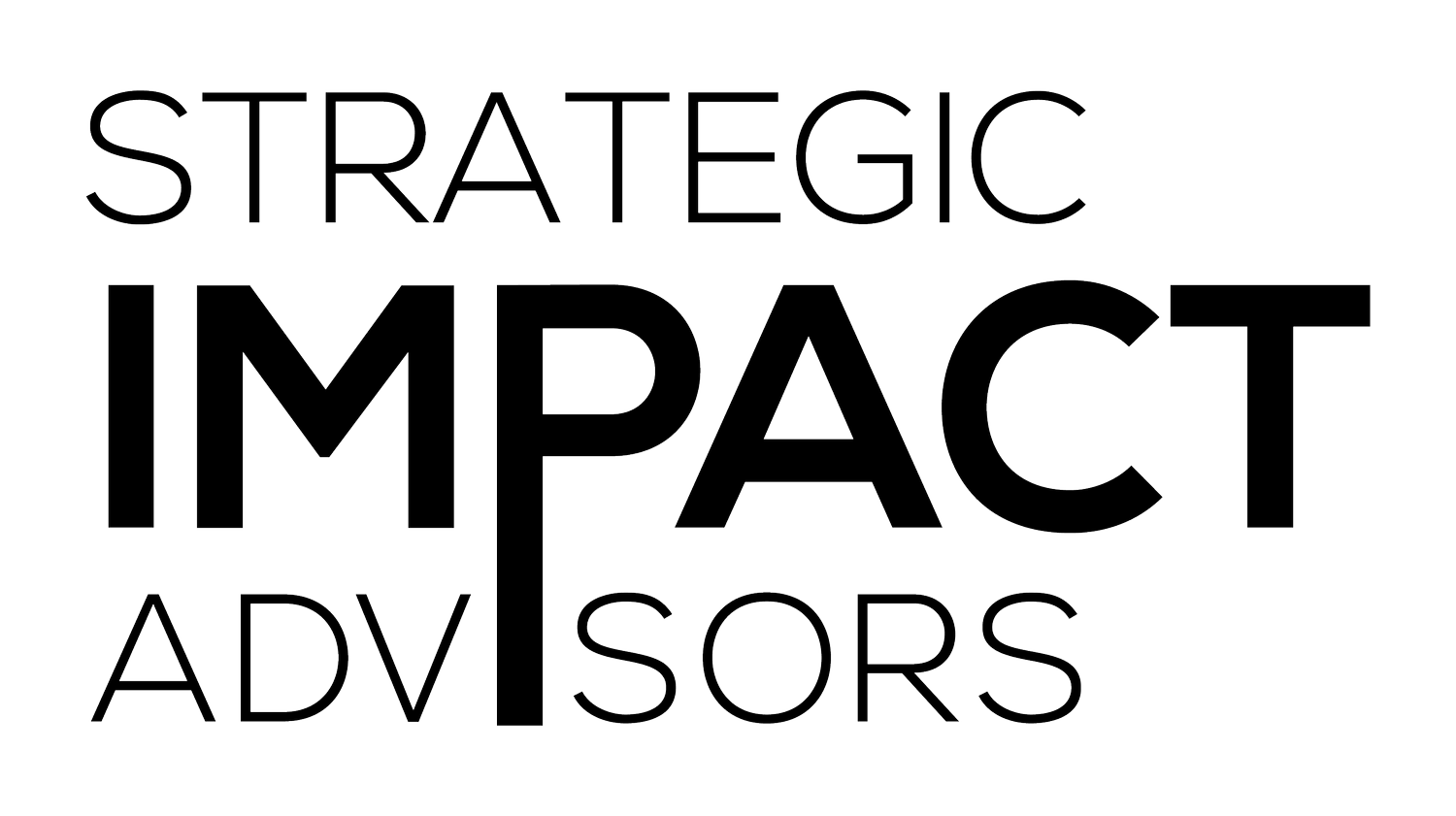Spotlight on COMSIP in Malawi: “Hey Sister!” builds women’s digital financial literacy
In low- and middle-income countries, literacy is the top barrier to women’s use of mobile internet services. It’s also the second highest barrier to mobile phone ownership, after affordability.
In Ghana, Malawi, and Uganda, we have been rolling out unique audio ‘edutainment’ content, funded by USAID, to empower women with increased digital financial literacy and decision making skills, so they can effectively use digital financial services to improve their financial lives. The series, called “Hey Sister! Show Me the Mobile Money!”, follows three women as they learn how to use mobile money together. Learners can listen for free on an Interactive Voice Response (IVR) platform, or through facilitated discussion groups in their community. They can also access lessons and download audio files online.
In four months, more than 54,000 people have engaged with the content, including more than 48,200 people who have called in to listen to campaign lessons, most of them women. Nearly all of these participants have rated the content as relevant to their lives, as they learn to use digital services and manage their financial lives in the context of COVID-19.
In Malawi, more than 11,000 women have used the lessons to build their digital financial literacy, and our partner COMSIP Cooperative Union Limited has helped us promote the series and train nearly 3,000 Malawians with the campaign.
COMSIP is a union of 193 savings and investment cooperatives covering all of Malawi, and works to create opportunities for rural and peri-urban communities to access financial services and to build a culture of savings and investment. Its mission is to provide flexible products and services to its cooperatives to promote their growth and sustenance.
Local trainers are critical to driving deeper learning by facilitating listening and discussion groups, where women can learn from each other, practice new skills, and grow confidence around using mobile money.
Crystalbel is one of these trainers. Crystalbel lives in the southern region of Malawi, in Nsanje, one of the poorest districts in the country. Working with COMSIP, she has trained seven community savings groups over the past few months with Hey Sister!, reaching a total of 96 members.
“Most of the group members have shown much interest in the program,” Crystalbel says. “Because of the pandemic, they feel it isn’t good for people to be exchanging bank notes and that it’s a good time to go digital.”
The most popular lessons in Malawi include financial system changes and setting up a mobile money account. The campaign has been well-received by trainees, though Crystalbel emphasizes the need for this work to continue long-term, because change will not happen overnight. As participants grow their confidence around mobile money, they also hope to see changes in the digital financial services landscape, such as reduced withdrawal rates and easier access to business loans.
“Mindset change is gradual. It cannot happen within a week or two and most of the groups we are working with come from very remote areas where literacy levels are very low, and cultural beliefs and perceptions are very different , so it will take time for them to understand different issues. As an officer, I am a change agent to help them realize [the importance] and do things in the right way that will help them to improve their livelihoods.” — Crystalbel
We are currently looking for additional partners who wish to integrate the digital financial literacy content into their programs and are interested in helping us design additional learning materials. To explore a partnership or learn more about this work, please contact Sarah Sitts at ssitts@siaedge.com.
